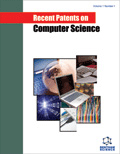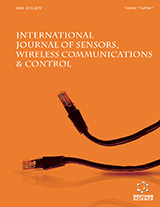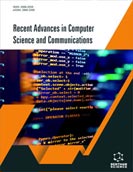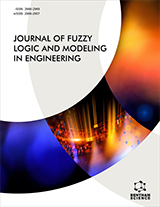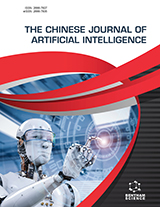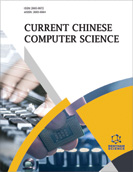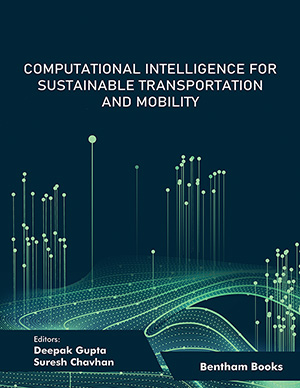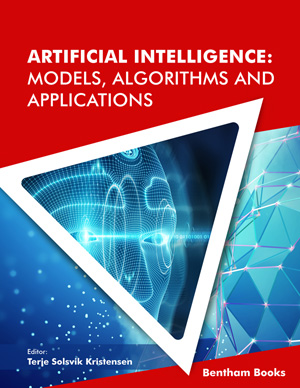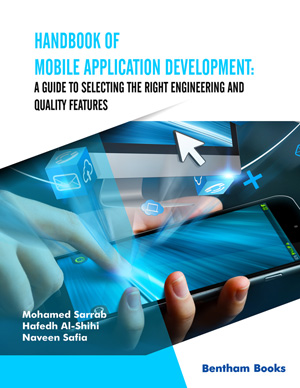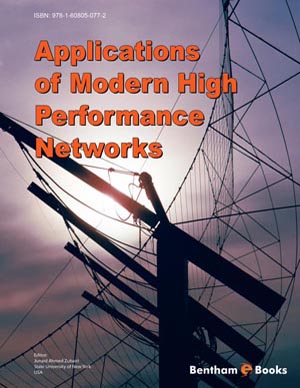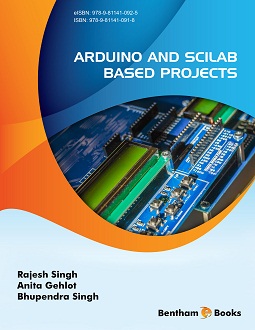Abstract
The future direction of modern medicine is toward “smart healthcare,”
which incorporates a new generation of information technology to meet patient needs
individually while increasing the effectiveness of medical care. This greatly improves
the patient experience with medical and health services. Nowadays, due to people's
lifestyles, diabetic retinopathy is one of the most serious health issues they confront. A
deviation from the norm in which long-term diabetes affects the human retina is called
diabetic retinopathy (DR). Diabetes is a chronic condition related to an expanding
measure of glucose levels. As the degree of glucose builds, a few adjustments happen
in the veins of the retina. Patients' vision may begin to deteriorate as their diabetes
progresses, resulting in diabetic retinopathy. It is exceptionally far-reaching among
moderately aged and older individuals. Thus there is a need to detect diabetic
retinopathy at an early stage automatically. This study aims to build an intelligent
framework that uses fundus images of the eye (retina) and performs image analysis to
extract the features. Images are trained by the knowledge relegation approach, and the
severity of the DR is classified using K-nearest neighbors. The proposed model
achieved a test accuracy of 99%, 61%, 100%, 94%, and 88% for each of the five
classes of diabetic retinopathy: proliferative diabetic retinopathy, no diabetic
retinopathy, mild diabetic retinopathy, moderate diabetic retinopathy, and severe
diabetic retinopathy.
Keywords: Smart Healthcare, Diabetic Retinopathy, Intelligent Framework, Image Processing, Knowledge Relegation, K-Nearest Neighbor.



